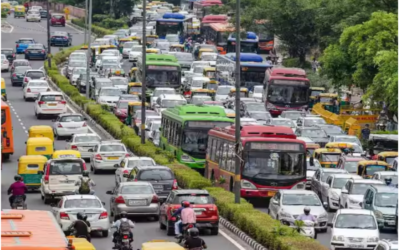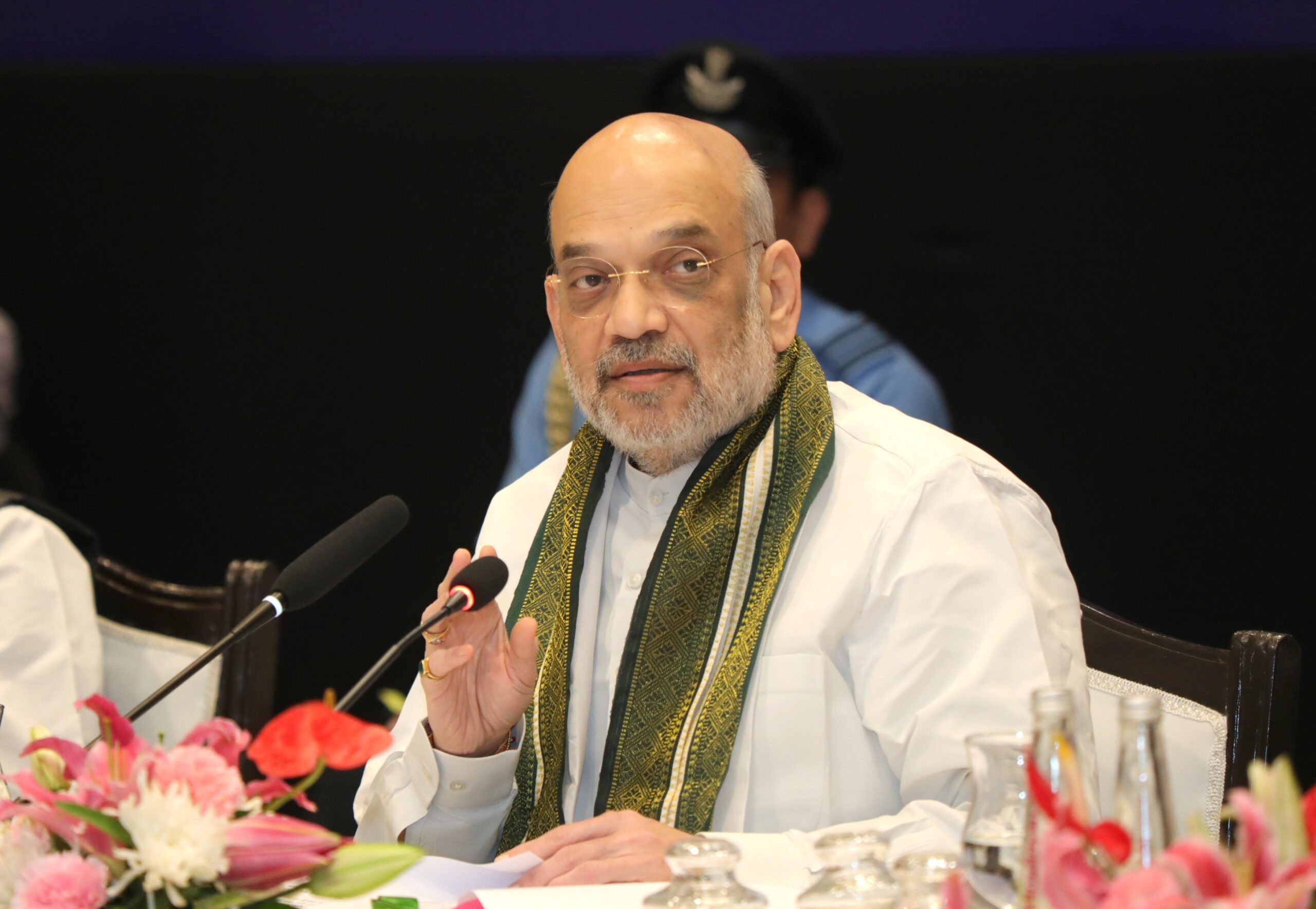“Kerala Witnesses Surge in JN.1 COVID Variant Cases, WHO Affirms Effectiveness of Existing Vaccines: Key Points to Understand”

On Tuesday, the World Health Organization (WHO) classified the JN.1 coronavirus strain as a “variant of interest,” indicating that, according to existing evidence, the potential public health risk associated with this strain is considered to be low.
- The highest number of COVID-19 cases in India has been documented in Kerala, Karnataka, Tamil Nadu, and Odisha. On Wednesday, the Ministry of Health and Family Welfare reported 292 new active cases and three fatalities in Kerala. The state currently has a total of 2,041 active cases, and the cumulative death toll from COVID-19 in Kerala over the past three years has risen to 72,056.1
- According to ANI, Dr. Mansukh Mandaviya, the Union Health Minister, emphasized the importance of a collaborative ‘Whole of Government’ strategy during a COVID-19 review meeting. He stressed the need for unity and preparedness, urging the implementation of regular mock drills for hospital readiness, heightened surveillance, and transparent communication with the public. Dr. Mandaviya assured the Centre’s full support to the States and emphasized that health should not be politicized, urging a collective effort to stay vigilant without succumbing to panic.
- Dr. Mansukh Mandaviya, the Union Health Minister, has called on all states and Union Territories (UTs) to implement preventive measures, especially considering the cold weather during the winter season and the upcoming festival season.
- The US Centers for Disease Control and Prevention (CDC) recently stated that, according to their latest estimates as of December 8, the JN.1 subvariant accounts for about 15% to 29% of cases in the United States.
- The CDC has affirmed that, at present, there is no indication that the JN.1 variant poses a higher threat to public health than other existing variants. The agency also asserted that an enhanced vaccine could effectively protect Americans from this variant.
- According to the existing evidence, the current assessment of the extra global public health threat posed by JN.1 is considered low. Nevertheless, as the Northern Hemisphere enters winter, JN.1 has the potential to elevate the prevalence of respiratory infections in numerous countries. The existing vaccines remain effective in preventing severe illness and fatalities caused by JN.1 and other prevalent variants of SARS-CoV-2, the virus responsible for COVID-19, as stated by the World Health Organization on X.
- The COVID-19 situation in Singapore appears to have leveled off in the past week, but experts are urging vigilance and suggesting the wearing of masks in crowded indoor areas as a precautionary measure. According to PTI, the Ministry of Health (MOH) in Singapore observed a notable surge of 75% in reported cases, with 56,043 cases recorded in the recent week compared to 32,035 cases in the week before.
- The COVID-19 situation in Singapore appears to have leveled off in the past week, but experts are urging vigilance and suggesting the wearing of masks in crowded indoor areas as a precautionary measure. According to PTI, the Ministry of Health (MOH) in Singapore observed a notable surge of 75% in reported cases, with 56,043 cases recorded in the recent week compared to 32,035 cases in the week before.
- In light of the recent surge in COVID cases and the detection of the JN.1 subvariant in Kerala, the Indian government released an advisory on Monday, urging state authorities to take necessary health precautions. The advisory emphasized the importance of implementing appropriate public health measures and making necessary arrangements to mitigate the potential rise in disease transmission during the upcoming festive season. It highlighted the need for strict adherence to respiratory hygiene practices to minimize the risk of increased COVID transmission.
- The central authority has instructed the states to oversee the prevalence of respiratory diseases on a district level. They emphasized the importance of regularly monitoring and reporting instances of influenza-like illness and severe acute respiratory illness in all healthcare facilities. This information should be recorded in the Integrated Health Information Platform (IHIP) portal to identify any emerging trends in cases at an early stage.







